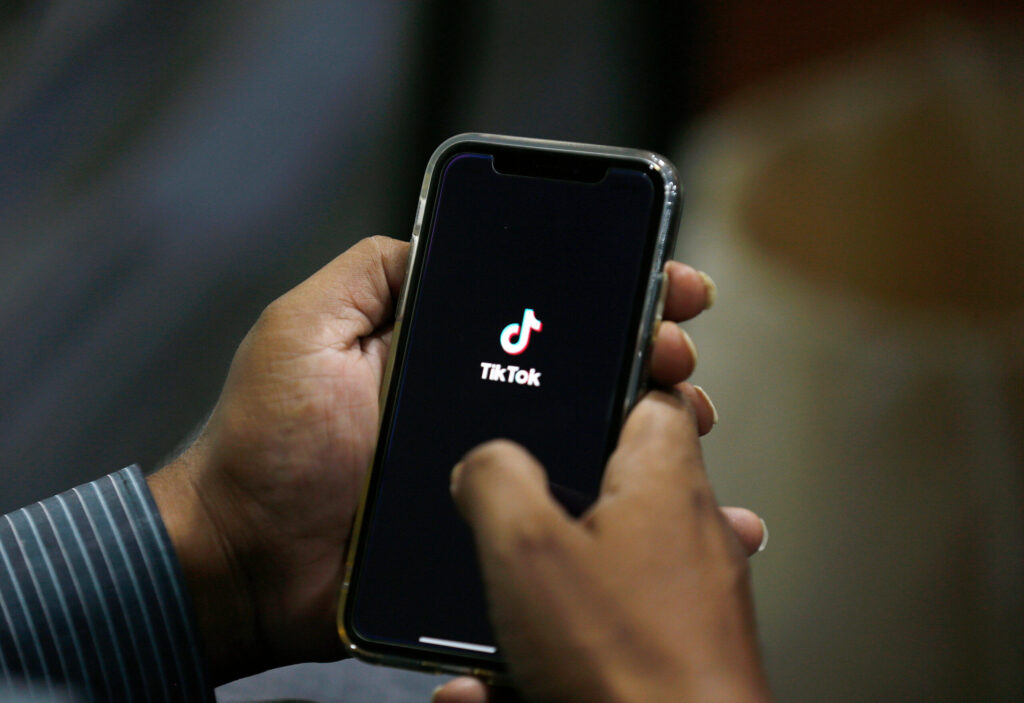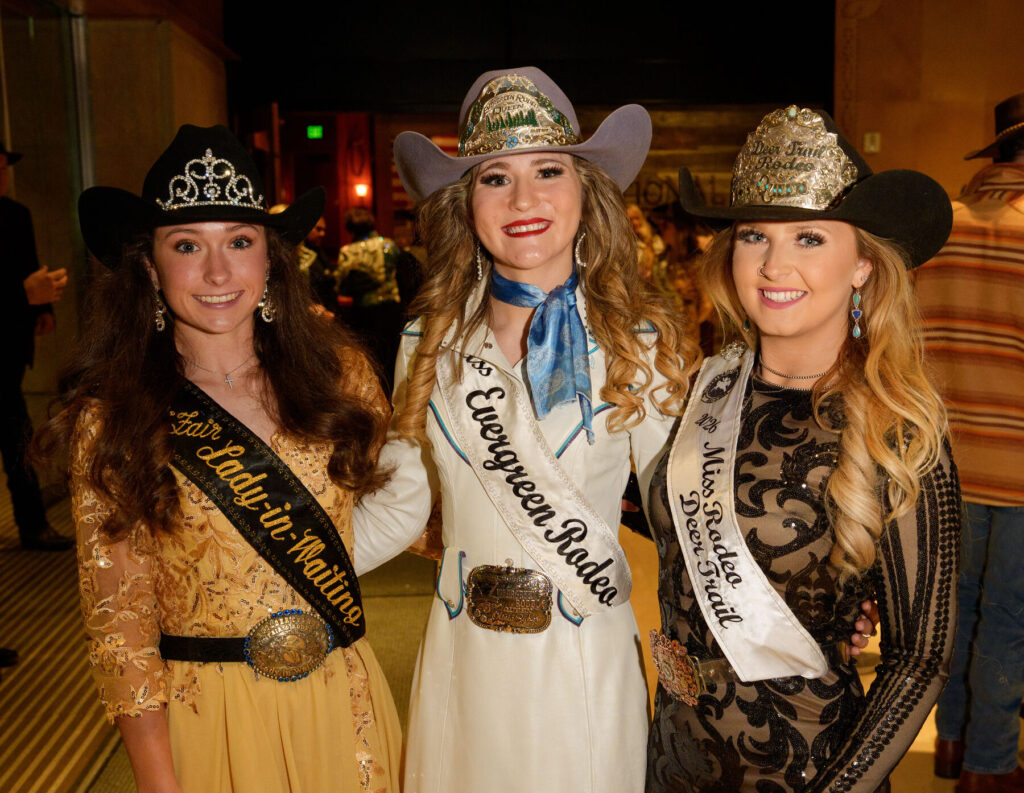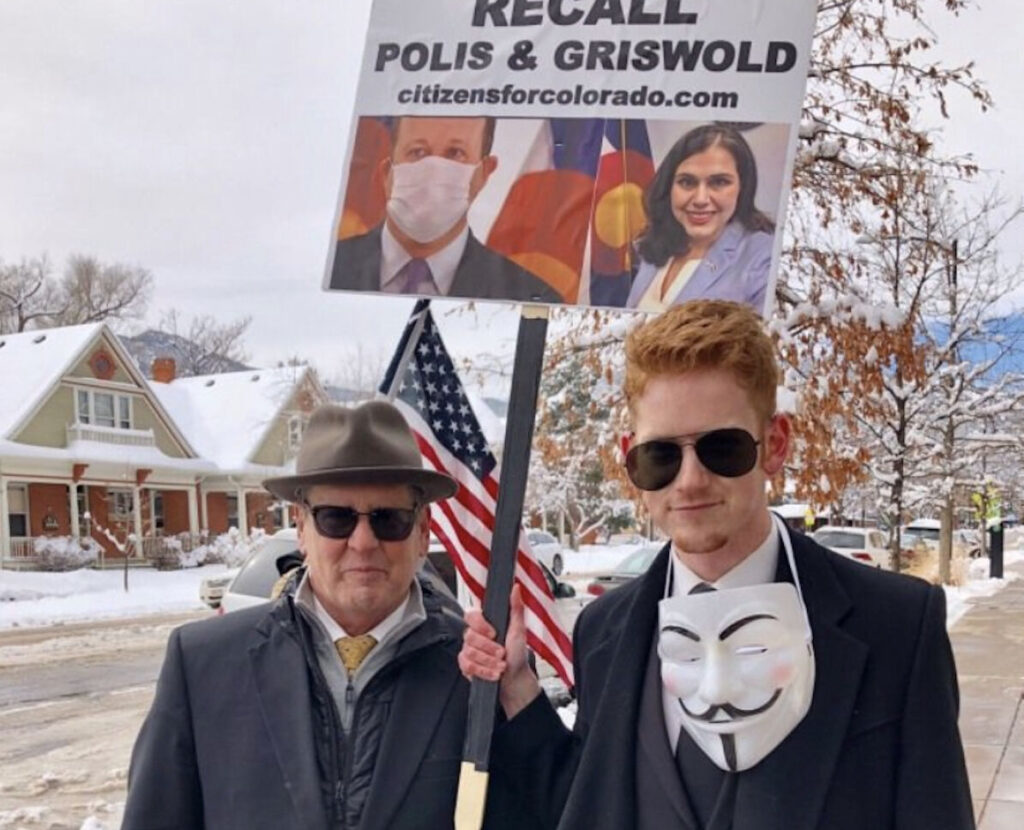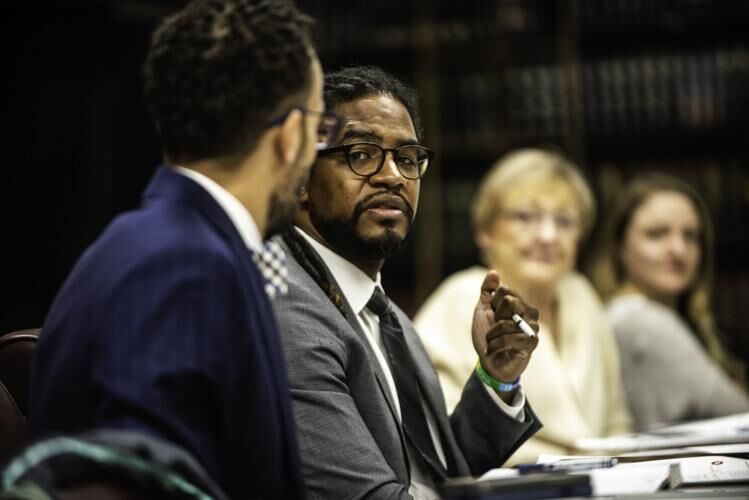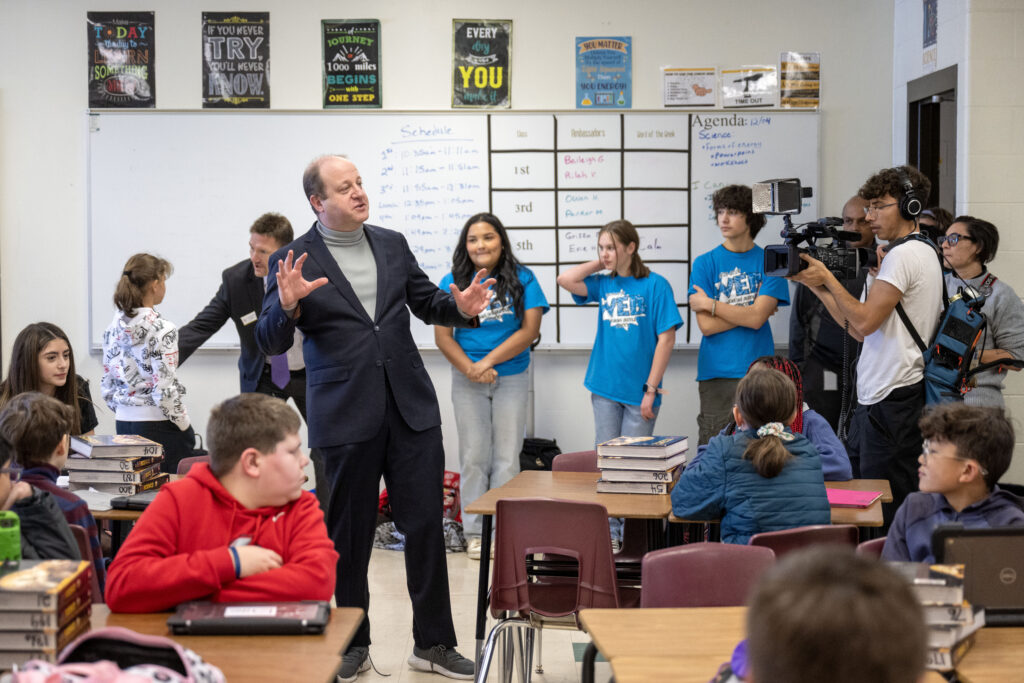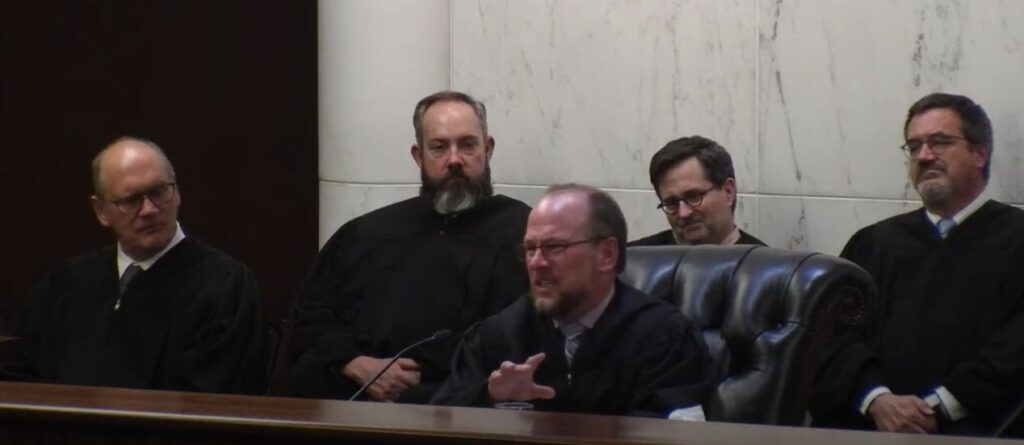YESTERYEAR: Bush clears brush, raises big bucks during Colorado visit
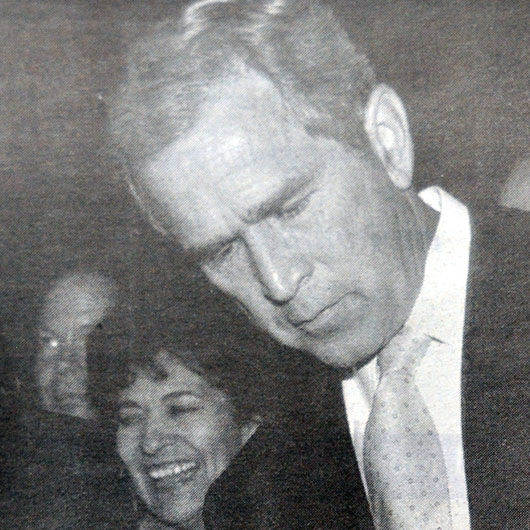
Fifteen Years Ago this week in The Colorado Statesman … More than a year before the midterm elections, President George W. Bush made a stop in Colorado – his first since assuming the presidency – as part of his “Heartland” tour, signaling the start of the political season. Before attending an enormous fundraiser for U.S. Sen. Wayne Allard and Gov. Bill Owens, two Republicans who hadn’t officially declared they’d be seeking second terms yet, Bush spent the morning clearing trails in Rocky Mountain National Park and then attended a barbecue at a YMCA camp to promote family values and character. Republicans were hoping to recapture control of the Senate, and plans to keep Allard in office would be front-and-center in that battle. The $1,000-a-plate dinner at the downtown Adams Mark Hotel reportedly hauled in $1.5 million when proceeds from the $25,000-per-person VIP reception with the president were added in. “There’s no better governor in the United States than Bill Owens – and Jeb Bush isn’t all bad,” Bush cracked in his remarks. One donor who shelled out the big bucks – while raising a few eyebrows – was high-powered Democrat Steve Farber, a founding partner of the powerhouse Brownstein Hyatt & Farber law firm. He said he was supporting Owens, his close friend, and insisted that his contribution just go toward the governor’s campaign, since law partner Tom Strickland was seeking the Democratic nomination for a rematch with Allard. “After Owens was elected governor,” recalled Farber, “he called me up. He said he was going to be around for four years and would like my help.” Since he was president of the high-powered civic advocacy group Colorado Concern, Farber took him up on the offer. “I’ll help you, I just want your ear,” he recalled telling Owens. And for the price of tickets to the dinner and reception, Farber got the ear of the president for a time. …
… The word “union” likely evokes conflicting perceptions, wrote Crisanta Duran of the United Food and Commercial Workers No. 7 in a commentary section devoted to Labor Day. “For some, maybe images of Jimmy Hoffa stealing thousands of dollars comes to mind, along with his association with the mob. Others of you might have conjured images of Cesar Chavez, the great Mexican-American hero with only a third-grade education, (who led) the United Farm Workers of America …” Whatever the conception readers held of unions, she wrote, unions were an asset to Colorado even while they were at a disadvantage because of proposed right-to-work legislation in the state. When a majority of workers vote for a supervised election, and then a majority of workers must approve a security provision negotiated with the employer, and then a majority must approve a contract before it takes effect. Right-to-work laws would allow individuals to negate these majorities, Duran wrote, “analogous to allowing a taxpayer to not pay increased taxes which a majority of voters have approved.” Right-to-work, she wrote, would harm every worker in Colorado, and that would drag down the economy because working people – “the middle class” – do most of the spending that keeps the economy humming. “We don’t need high-priced economists to tell us how to stimulate the economy: simply provide working people with their fair share,” Duran wrote. For instance, unionized grocery checkers at a Cheyenne Safeway earn $3.58 an hour less than union checkers at a Safeway in Fort Collins, and the only difference is that Wyoming is a right-to-work state. Then she cited two University of Colorado economics professors – perhaps they were high-priced, although she didn’t say – who concluded that states gain no advantage from right-to-work status and per capita income declines. Gov. Bill Owens supports right-to-work legislation, Duran noted, even though he believes in minimizing government interference in daily life. “Since the government does not mandate that contracts provide pension benefits, health insurance, vacation, holiday pay and sick leave, the government should not impose its opinion regarding union security upon the parties,” she concluded. …
… Congress would soon consider whether to extend the moratorium on taxation of Internet commerce, and Gov. Bill Owens was all for extending it. In a Dot-Politics column, Owens acknowledged that most of his fellow governors argued that giving Internet sales a free ride got in the way of local tax collection, but he firmly disagreed that this meant the government should collect its share from online transactions. “The debate over the taxation of the Internet isn’t about feeding the already well-lined coffers of government,” he wrote. “It’s about the fundamentally American idea that there should be no taxation without representation.” It’s true that the Internet had unleashed access to new markets, giving entrepreneurs the chance to serve customers around the world. But it was important as government adapted to the new world to remember, Owens wrote, the connection between taxation and representation. “It is simply unfair to tax businesses and industries who aren’t represented by elected state and local officials and don’t enjoy the benefits of the service these governments provide,” he maintained. While there was no evidence Main Street firms were losing any business due to the tax differential, Owens noted, “that is beside the point. The answer to these concerns should not be to raise taxes on the Internet, but to lower taxes on Main Street businesses.” He also objected to Internet taxation because “such a tax would sever the relationship between a tax levied and a service received.” When he buys from a local business, Owens argued, he benefits from all number of government services, including police and fire protection, local streets, even the ready availability of emergency medical technicians and ambulances. “For these services, I am willing to pay a tax in exchange for services rendered,” he wrote. But Internet sales use no government services except the roadways, and UPS or FedEx already pay for them with gasoline taxes. “So why should a state or local government be permitted to exact revenue through an Internet sales tax when that government has provided no service?” he concluded.
– ernest@coloradostatesman.com



